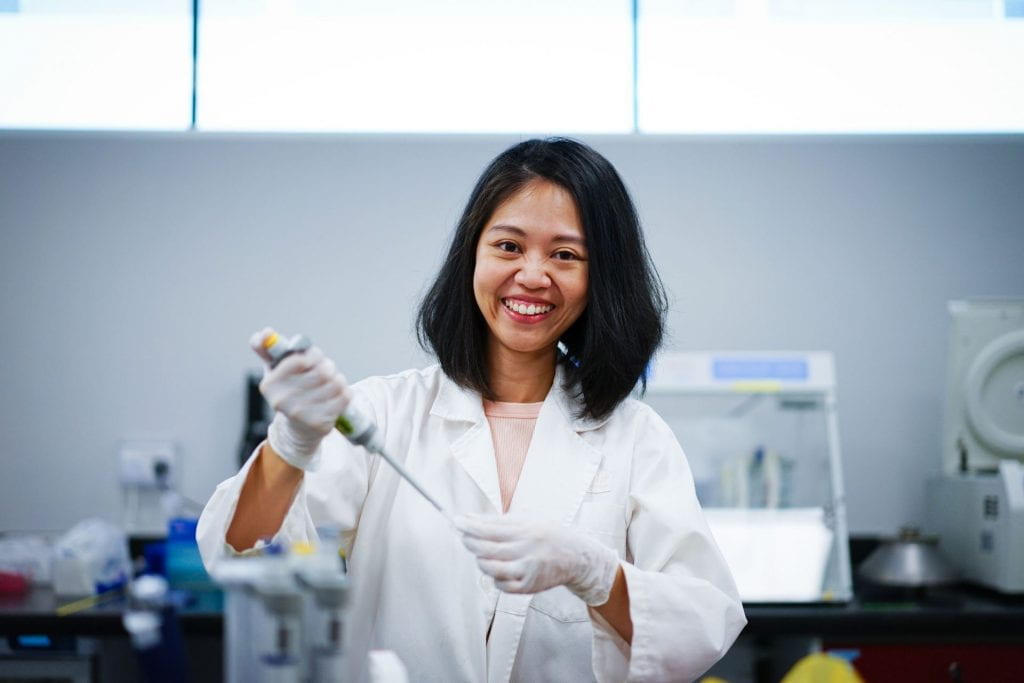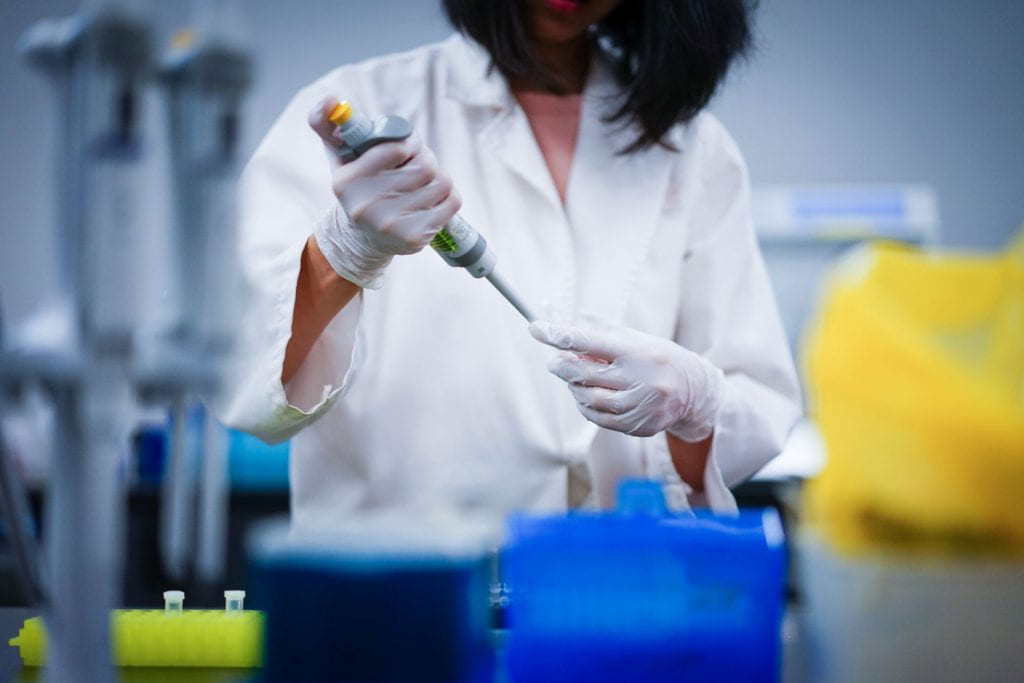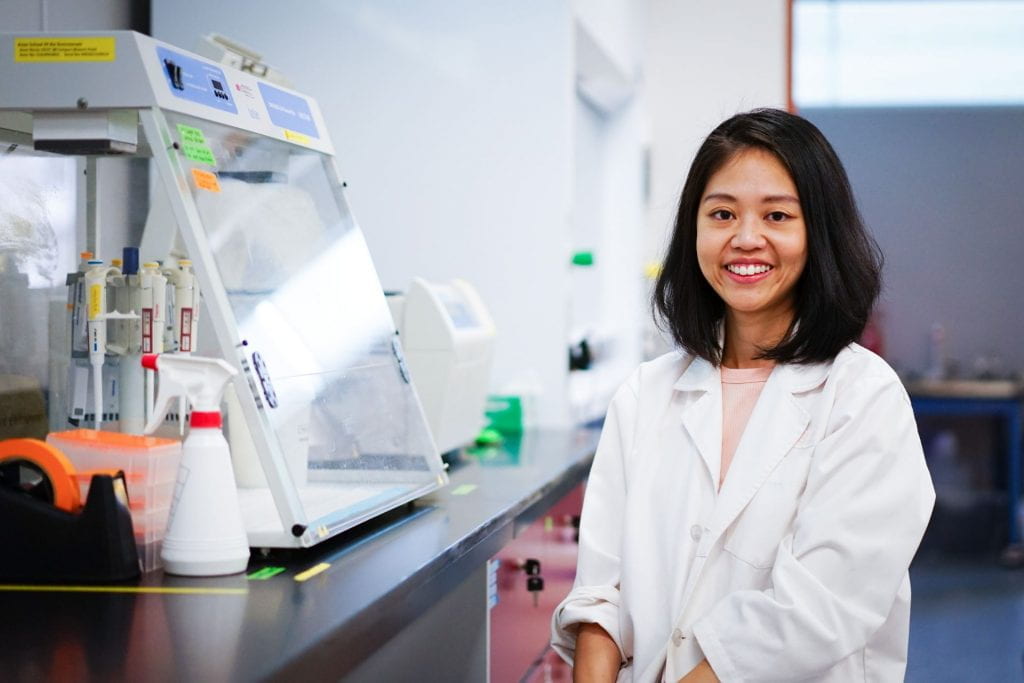Making a mark for women in science – Meet NTU Asian School of the Environment PhD student Yap Wenshu, who is a recipient of the 2020 Women in Engineering, Science, and Technology (WiEST) Conference Grant. The paleotempestologist shares with us about how she found herself in earth sciences and gives us a peek into her research. What does a paleotempestologist study, you might ask? Read on to find out!
What inspired you to pursue a career in Science?
Science wasn’t actually my first choice when I did my degree – I was planning to study psychology! But then I attended a class on biodiversity, and had a change of heart. I was amazed by the relationship between biotic and abiotic components in the ecosystem, how they interact and depend on each other for food, shelter, oxygen and etc. I was also shocked by how human advancement is harming our ecosystem. I believe that if we modify our approach in development, we can make urban areas coexist with nature.
How did you first become interested in Earth Sciences?
I was fortunate to be hired as a research assistant in the Earth Observatory of Singapore (EOS). Here, I studied natural hazards (earthquakes, volcanic eruptions, tsunamis etc), that pose great threats to mankind, and the mechanisms behind each hazard to assess our risk and vulnerability to these disasters – so that we can build safer and more sustainable societies.
Why did you choose to do your Ph.D. with NTU ASE?
It was a timely opportunity. My supervisor and my boss back then came up with this revolutionary idea of using genetic material as a proxy to investigate geological records of past storm and tsunami events. Since I have some background in biology, I was given the opportunity to jump start the project and eventually transform it into a PhD.
What are you currently working on?
Studying coastal hazard geological records is challenging because scientists are often limited to identify storm and tsunami deposits with certainty. My field of work is in paleotempestology – the study of past storm and tsunami activity by means of geological proxies as well as historical documentary records. My research investigates the potential of using genetic material as a new proxy to study geological records. To be more specific, my work is about utilising next generation sequencing to reconstruct the microbial community preserved in geological records, and by using this information to identify storm and tsunami deposits from the records. My aim is to develop a robust approach that will improve our ability to efficiently and accurately identify sediment deposits of storm and tsunami events that occurred beyond recorded history.
What is your long-term research goal / what are you seeking to accomplish in the long run?
As I am approaching the end of my PhD journey, this has been a question that I have been asking myself. I wish to continue my career in research, hoping that I can contribute more to the society especially for Southeast Asia, where research conducted to understand how the earth systems work is very limited.
Any advice you might have for other women interested in science or this grant?
I would like to share two quotes that inspired me a lot as a woman in science:
“The only obstacle in our dream is our ability to imagine them” – Nathalie Goodkin
“Maybe there is more to be gained by merely being something than striving to be the greatest at it” – Sarah Olson
About the WiEST Conference Grant
The Julia & Ken Gouw Foundation with the College of Engineering and the College of Science at Nanyang Technological University (NTU Singapore) established WiEST Conference Grant in 2018 for: Women in Science, Engineering & Technology to facilitate networking opportunities for young women engineers and scientists to embark on their careers. For more info, click here.




